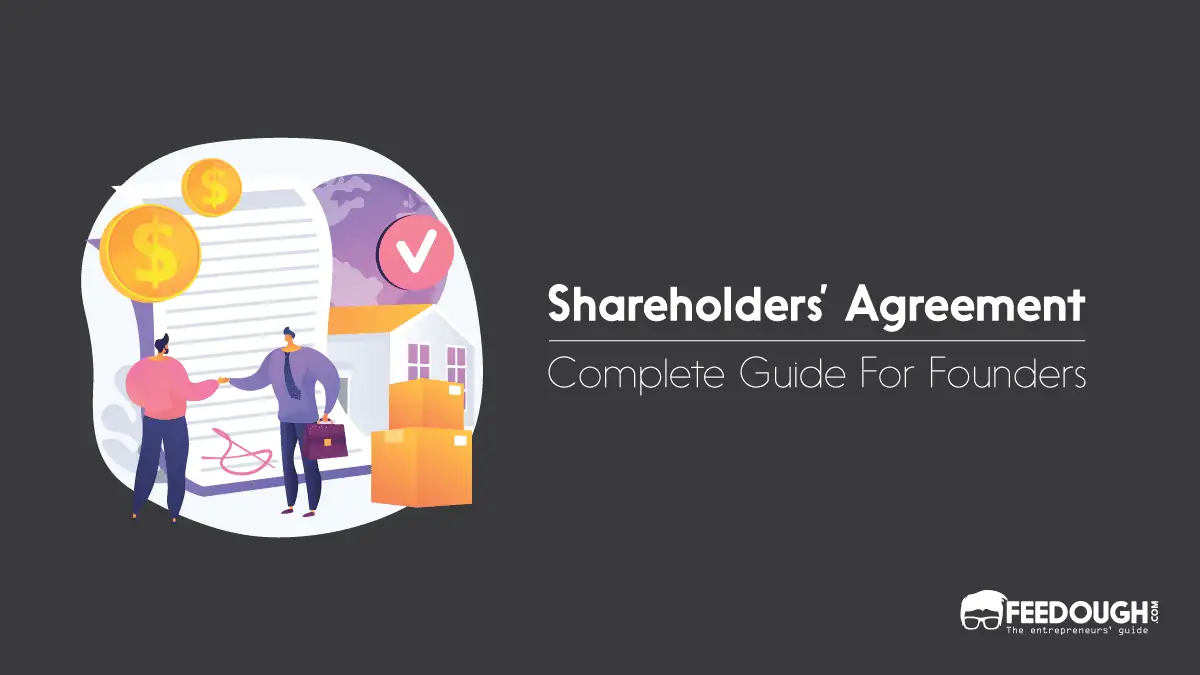The term ‘sales’ includes all the activities involved in selling an offering in exchange for something of value. Many consider sales to be the food that the business needs to survive in the long run. But while the term ‘sale’ refers to the actual transaction, the term ‘sales’ also encompasses all the activities which lead to this transaction.
Sales Definition
Sales is a process that results in a transaction between two or more parties in which the buyer receives the offering and the seller gets something of value in return which is usually money.
Few keywords and keyphrases to note in this definition –
- Sales is a process: While ‘sale’ is a transaction, sales is a process that results in this transaction.
- Buyer: The party or parties which make the purchase.
- Seller: The party or parties that offer a product or service for sale.
- Something of value in return: Sales always involves the buyer paying for the offering in the form of money or another asset. A transaction that doesn’t involve payment isn’t considered a sale.
Knowing these keywords and keyphrases is important as they form an integral part of the legal definition of sales:
Sales is an agreement by which one of the contracting parties gives a thing and passes the title to it, in exchange for a certain price in current money.
The Importance Of Sales
The sales department often plays a pivotal role in the success of a business. It is the only department that is responsible to bring money to the organisation.
Besides this, it is also responsible for –
Conversions
While marketing and other departments are responsible to generate interest among the customers, sales is the department that makes the customer move ahead of the interest stage of the funnel to the final conversion.
Customer Acquisition
Sales also helps in acquiring customers who were not aware of the offering before. The process also involves cold-calling, cold-emailing, and other efforts to bring in more customers. And more customers mean more profits to the organisation.
Customer Retention
Salespersons often develop a relationship with the customers which makes these customers remain with the business for a long time.
Business Growth
Business grows when customers buy its offerings and repeat the purchase. Sales is responsible for just that.
Sales Example
A perfect example of sales would be the process involved in encouraging an individual to purchase a house. While a sale is said to occur when the buyer pays for the house and receives the right to ownership in return, the sales process includes a lot more. It starts with the buyer (prospect) receiving a call from the seller, him meeting the seller and getting answers, him negotiating for the final price, and him conducting the sale.
Types Of Sales
Sales can be categorized into several types according to the audience it is targeted to, motive, offering sold, and channels used.
Types Of Sales According To The Target Audience
- B2B Sales: B2B is a sales type where businesses sell offerings to other businesses rather than end customers.
- B2C Sales: B2C is a sales type where businesses sell offerings to end consumers for final consumption.
Types Of Sales According To How The Sales Is Performed
- Inside Sales: Inside sales refer to the sale process where a salesperson sells remotely, typically from an office, without even meeting the prospects.
- Outside/Traditional Sales: Outside sales refer to the sales process where the salesperson sells after actually meeting the prospects.
Sales Types According To The Offering Sold
- Product sales: Sale of tangible products like CDs, laptops, and digital products like software.
- Service sales: Sale of intangible products like consultancy, website development, etc.
Sales Types According To Sales Channels
- Online Sales: Using internet channels like e-commerce, online stores like Shopify, etc. to sell.
- Offline Sales: Using offline channels like personal selling, supermarkets, etc. to sell.
- Telesales: Selling over the telephone.
- Affiliate Sales: Taking the help of other people or businesses to sell and providing them with a commission for every sale because of them.
- Outsourced Sales: Outsourcing sales to a third party on a contract basis.
Sales vs Marketing
Marketing is a set of activities and processes aimed at-
- Developing an offering that proves to be valuable to the customers
- Communicating about the offering to the prospective and existing customers
- Transacting with buyers the offering in exchange for money or similar assets.
- Delivering the offering as promised
Sales, on the other hand, is a part of marketing and is focused only on the transaction aspect and activities which result in this transaction.
Sales vs Business Development
Business development is the process of creating long-term value for a business through the development of relationships, markets and customers. In simple terms, it is a long-term activity focused on the growth of the business by –
- Building relationships with existing and prospective customers as well as various stakeholders of the company
- Exploring new market opportunities and finding new markets to expand the business
- Making the most out of the customers by using various sales and marketing activities.
Sales, on the other hand, is just a part of business development that is focused on getting the most out of the existing and new customers.
Go On, Tell Us What You Think!
Did we miss something? Come on! Tell us what you think about our article on what is sales in the comments section.
A startup consultant, digital marketer, traveller, and philomath. Aashish has worked with over 20 startups and successfully helped them ideate, raise money, and succeed. When not working, he can be found hiking, camping, and stargazing.









